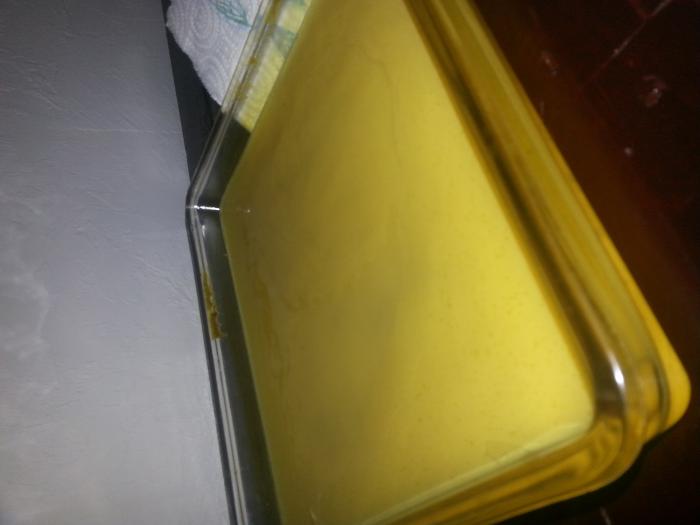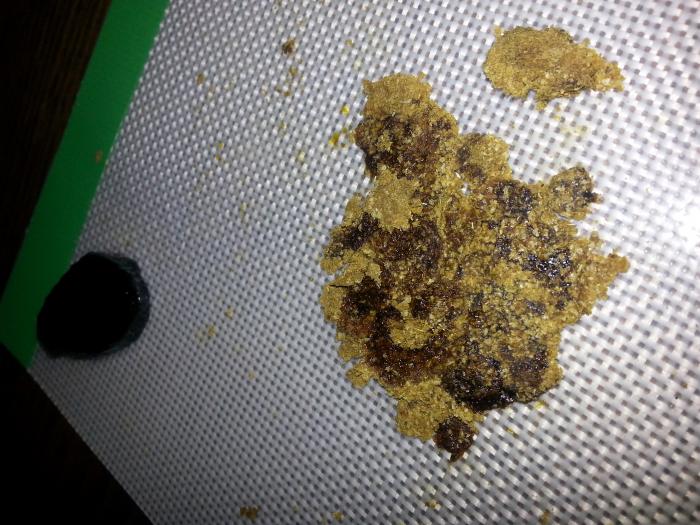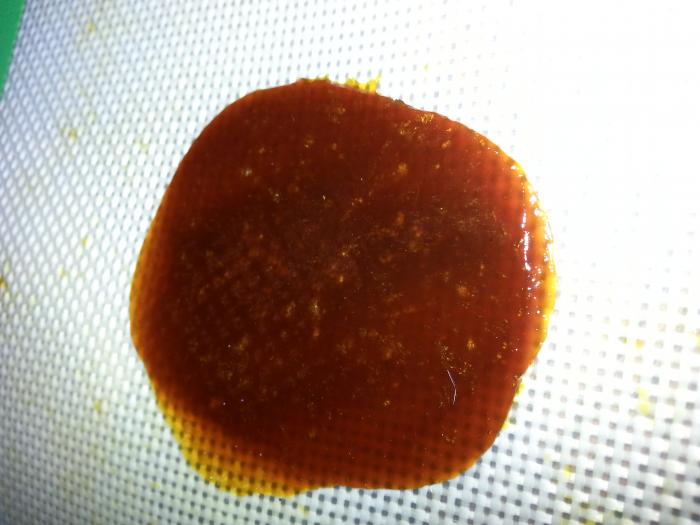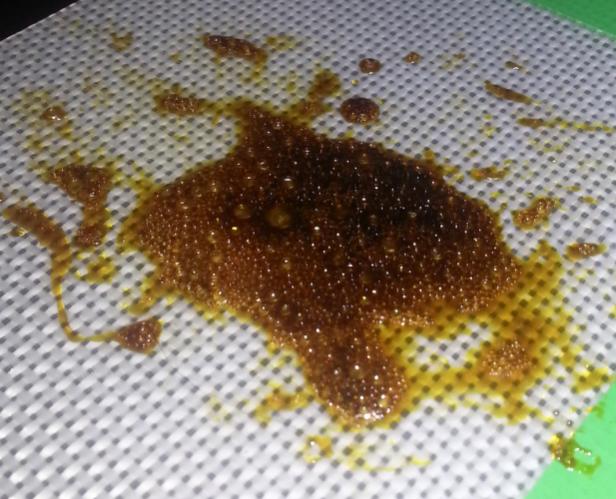I do extractions of hop strains using ethanol and a nonpolar inert gas under a pressurized atmosphere to yield a beautiful hop extract used at the end of boiling.
Does this process require expensive specialized equipment or is it feasible for your average homebrewer to pull it off themselves? Could you elaborate a little on what the process involves if it is something we might be capable of doing at home? Thanks.















![Craft A Brew - Safale S-04 Dry Yeast - Fermentis - English Ale Dry Yeast - For English and American Ales and Hard Apple Ciders - Ingredients for Home Brewing - Beer Making Supplies - [1 Pack]](https://m.media-amazon.com/images/I/41fVGNh6JfL._SL500_.jpg)



































